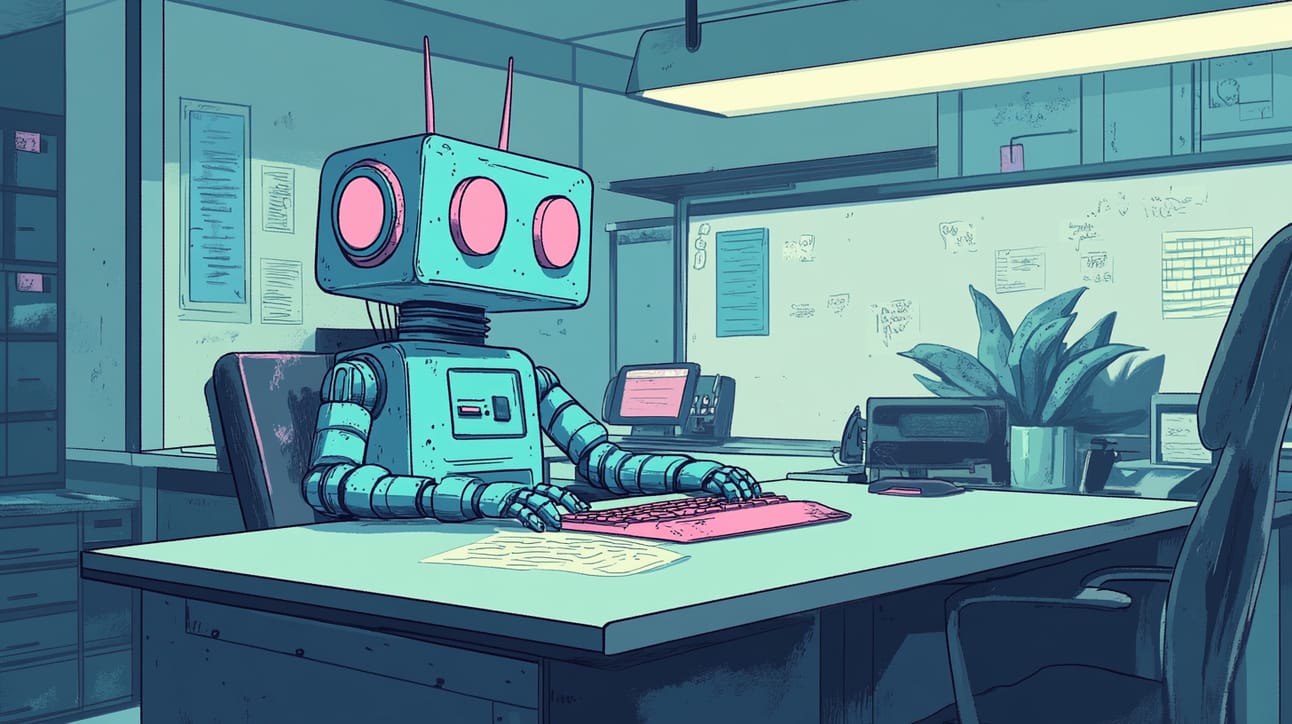AI COPYRIGHT
Canadian news and media companies, including the Toronto Star, Canadian Broadcasting Corporation, and Globe and Mail, have filed a lawsuit against OpenAI.
They claim the company has used their content to train ChatGPT without permission or payment.
The lawsuit asks for monetary damages and aims to stop OpenAI from using their work in the future.
The media companies say that OpenAI collected its content from websites without approval.
This material, created with significant time, effort, and cost, was allegedly used for commercial purposes.
The case is part of a wider trend, as OpenAI also faces copyright claims from organisations like The New York Times and authors such as Sarah Silverman.
How it works:
OpenAI trains ChatGPT using large amounts of publicly available data.
Some of this data comes from online text, raising concerns about proper licensing.
The AI’s responses can include information that resembles the training data, leading to copyright disputes.
Something borrowed
Although OpenAI has agreements with publishers like The Associated Press and Axel Springer, the Canadian companies behind this lawsuit say they’ve received no such arrangements.
OpenAI maintains that its methods follow fair use rules and that it works with publishers by offering attribution and opt-out options.
A study by Columbia University's Tow Center for Digital Journalism recently found that ChatGPT often misrepresents publisher content, even for organisations working with OpenAI.
Publishers: 'Pay us.' OpenAI: 'But it’s public, tho.'

